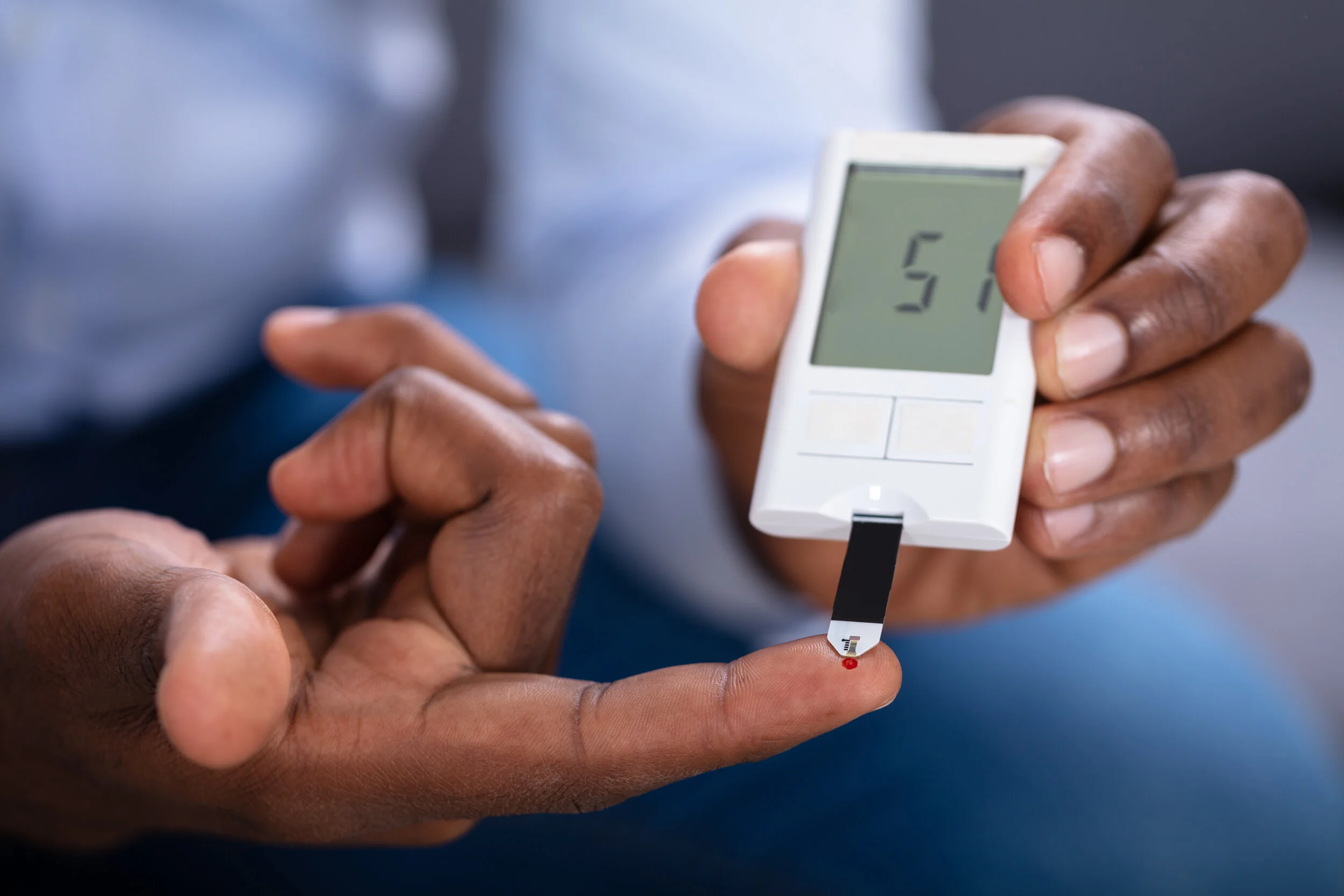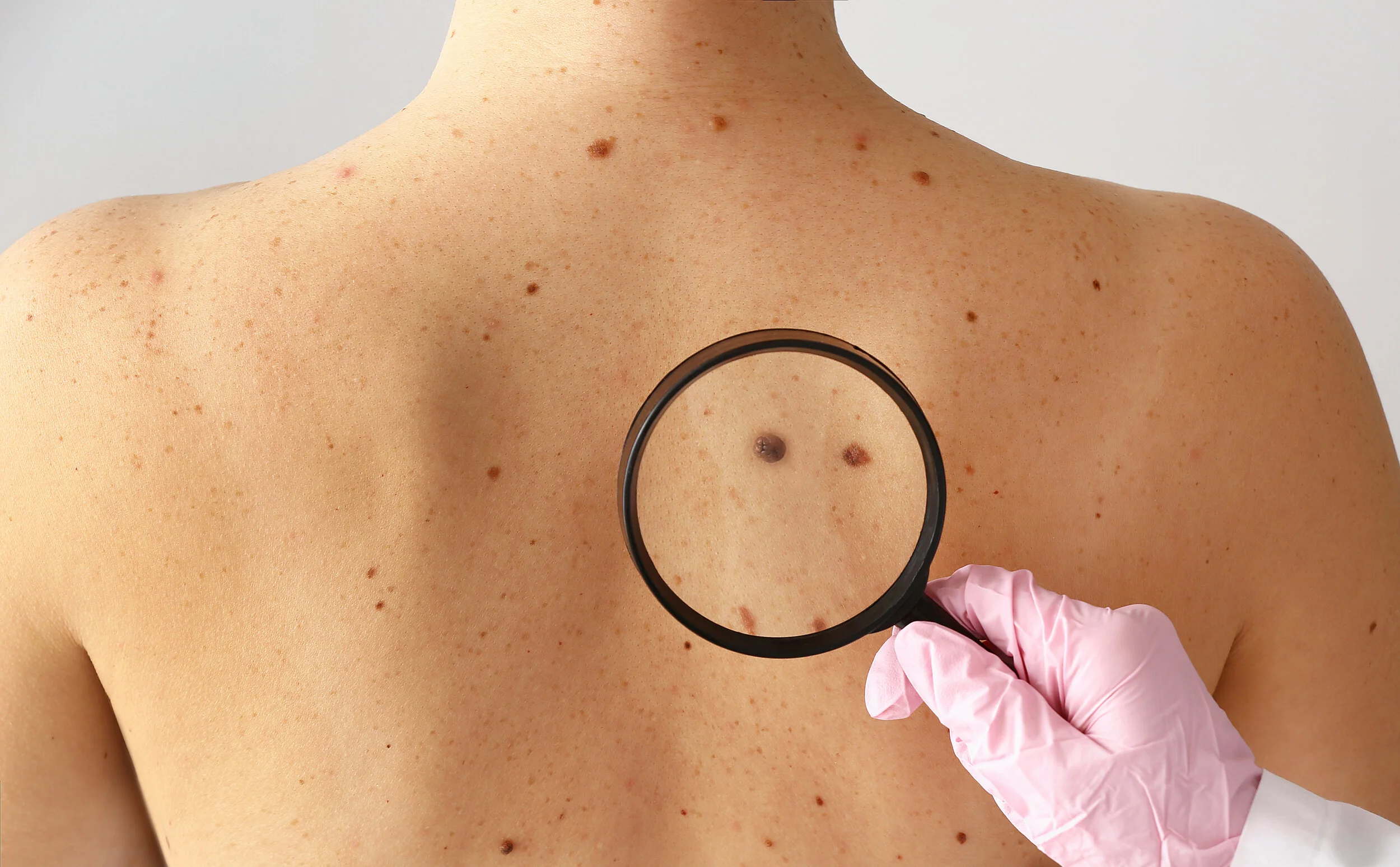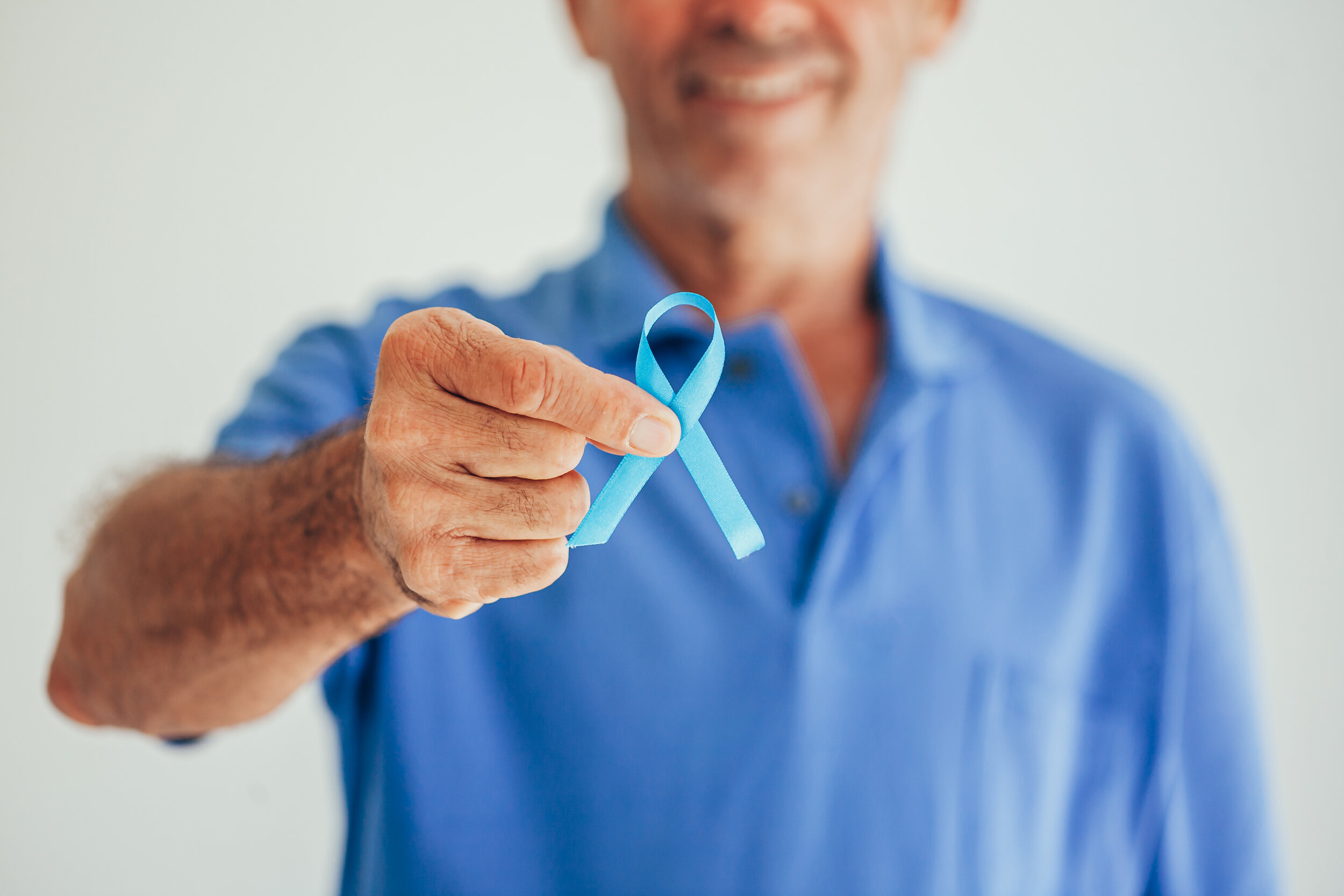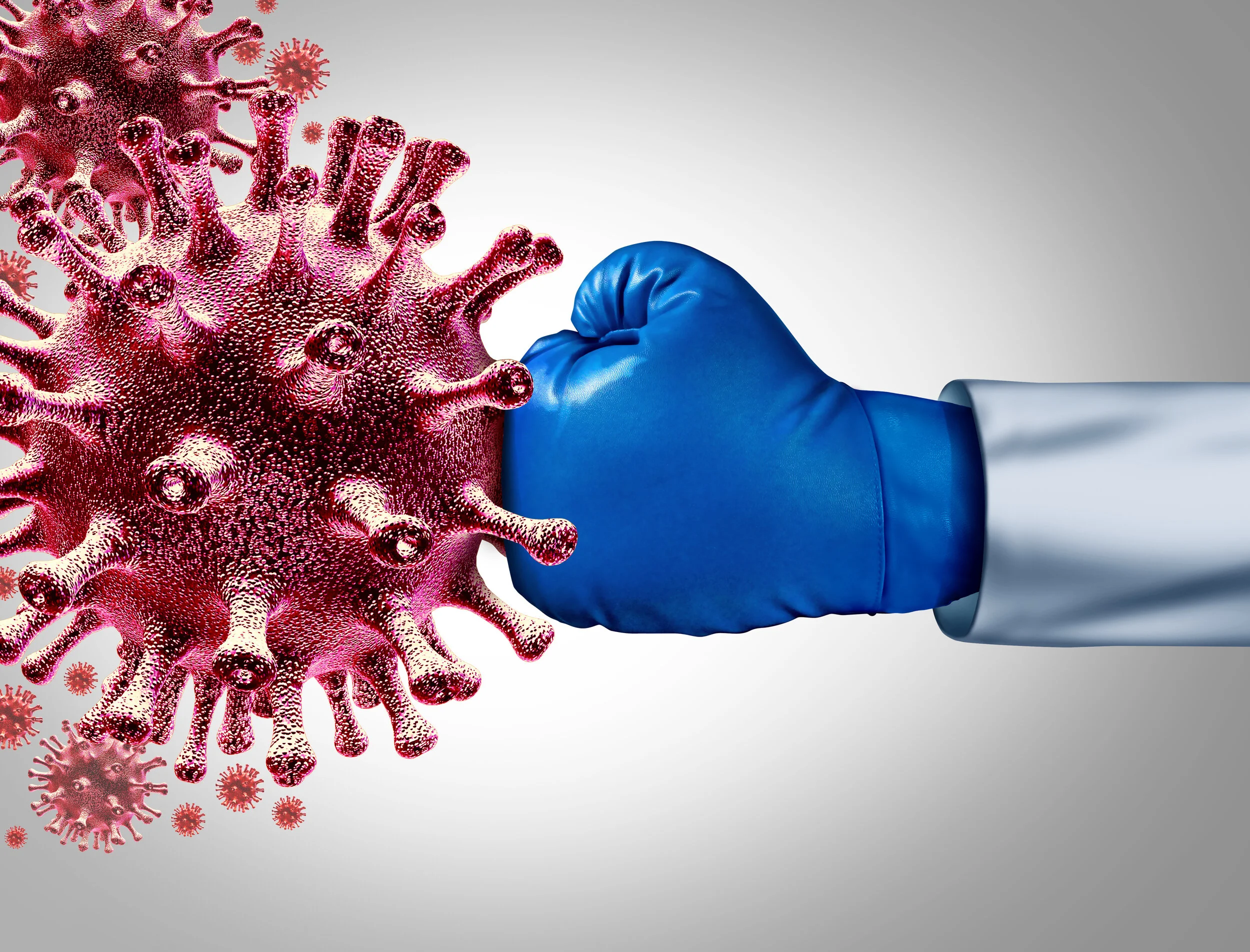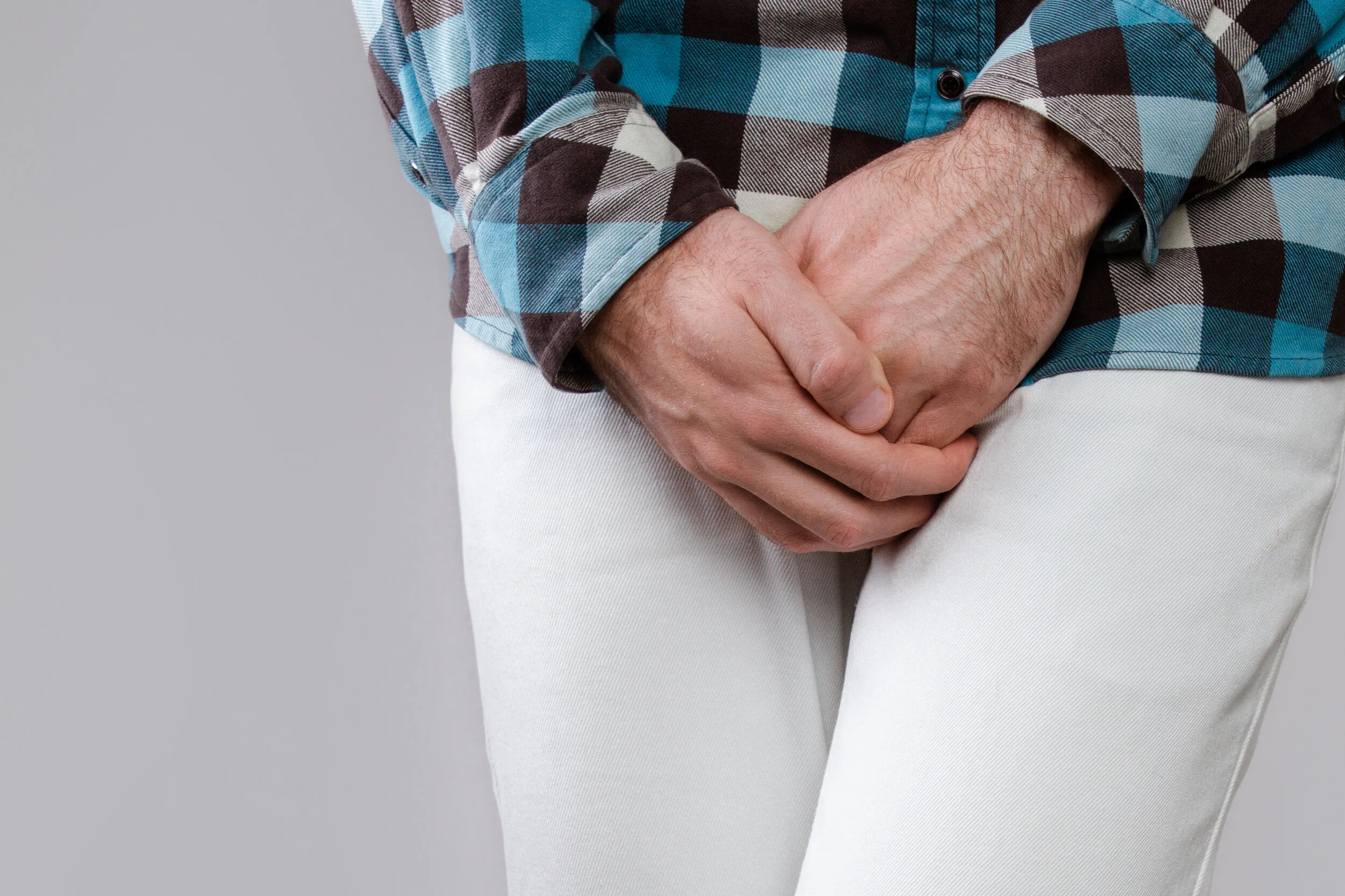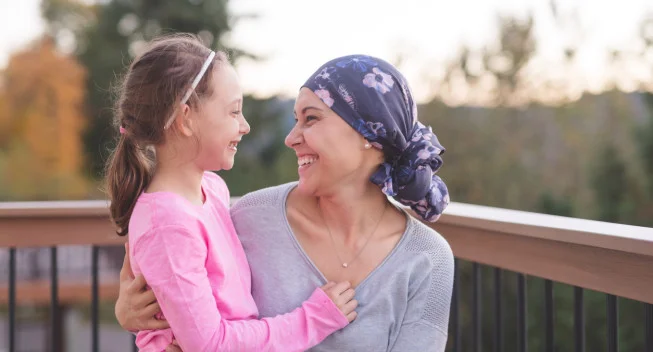Between 8% and 18% of cancer patients have diabetes, a chronic condition that impacts the ability to regulate blood sugar levels. For many patients, diabetes management takes a backseat to cancer treatment. Managing your blood sugar levels can help your overall health.
Read MoreH&B joins the cause of raising awareness. Some months are marked for more than one cancer; May is one of such months. Along with bladder cancer, which we talked about in the previous blog, May is also brain cancer awareness month, and melanoma and skin cancer awareness month.
Read MoreFollowing closely after skin cancer, prostate cancer is the second most common type of cancer found in males in the United States. Most prostate cancer is quite slow-growing and oftentimes brings about a few to no signs of problems until it is very advanced. H&B joins the cause of raising prostate cancer awareness.
Read MoreEnduring chemotherapy treatment is always a challenging time for both patients and caregivers. But, it’s hard to know what to do to support them during such a challenging time. Many of the gifts we buy just don’t seem right, and you want to send a gift that will make a difference in their life at least for a day and encourage them to feel their best.
Read MoreWhen the body is challenged by various pathogens, the inherent immune system initiates a series of actions to recognize the specific molecules and uprise a defense against the intruders. When it comes to cancer immunotherapy, much of the focus has been on the adaptive immune system, especially the T cell that is able to precisely target and eradicate tumor cells. This is why it’s so important to raise awareness of immunotherapy.
Read MoreNails are made by living stem cells. Stem cells are a rapidly dividing kind of cells. Nails are very susceptible to damage caused by chemotherapy. These changes can be prevented and treated. Polybalm is the only natural nail solution to be scientifically designed, developed and assessed in a major government-backed randomized double-blind controlled trial (RCT).
Read MoreSunlight fundamentally consists of three wavelengths: UVA, UVB, and UVC. Earth's ozone layer separates and holds the most damaging UVC rays. People with low levels of vitamin D in their blood have much higher incidences of practically all diseases and sickness: cancer, diabetes, obesity, osteoporosis, heart attack, stroke, depression, cognitive impairment, autoimmune conditions, and so on
Read MoreGood nutrition is particularly relevant for people with cancer. As cancer patients start to feel better, they may have questions about eating a better diet. While it may be attractive to improve your diet with a host of vitamin and mineral supplements, oppose that urge.
Read MoreItchy skin, or what is medically called pruritus, can be uncomfortable and frustrating. Acute itching, during the infusion of chemotherapy, could be an early sign of a hypersensitivity reaction.
Read MoreWhile radiation therapy itself does not hurt, there can be short-term side effects to fight with, which can affect your hair, skin, sleep, appetite, and sentiments. Men have their own, at times distinct sets of side-effects to deal with.
Read MoreFor most cancer patients, hives are a temporary allergic reaction to an avoidable trigger. Cold urticaria can be diagnosed by placing an ice cube on the skin for five minutes. Your doctor may recommend you try to prevent or reduce symptoms with home remedies, such as using over-the-counter antihistamines and avoiding cold exposure.
Read MoreFrom the instant we hear that someone we know or care about has been diagnosed with cancer, the first thing that appears in our mind is a want to help them. Giving a considerate gift is one of the several ways you can show care to a loved one going through cancer treatment.
Radiation therapy plays an important role in treating cancer. Like medications, radiation therapy can also cause possible side effects. Some of these side effects happen on the skin. Moisturizing is very important. Dr. Shyamali Singhal recommends hydrating products.
Preparing for chemo can be a stressful time so Dr. Singhal compiled a go-to guide to help get all your ducks in a row for a smooth chemotherapy treatment.
Read MoreOnce a cancer patient is released from the hospital after cancer surgery, their recovery is essentially now in their own hands. Healing is as much a mental process as it is physical so it’s important to prepare your body, mind and house for rest and relaxation.
Read MoreFor a variety of complex reasons many cancer survivors find that they don’t seem to feel as relieved as they would have liked to imagine they would after successfully completing cancer treatment. A cancer diagnosis and it’s invasive treatment tends to cause physical, mental and emotional trauma that takes time to digest and heal from.
Read MoreAfter cancer treatment or surgery many cancer patients may find themselves confined to a bed with low energy levels and mobility. Although you may not be moving around and sweating as much during recovery periods it’s essential to maintain a high level of hygiene for your physical and mental well being.
Read MoreRadiation sometimes causes the skin to become red, painful and irritated at the point of treatment. This condition is called radiation dermatitis or radiation burn, and it occurs to some degree in almost all people undergoing radiotherapy.
Read More

